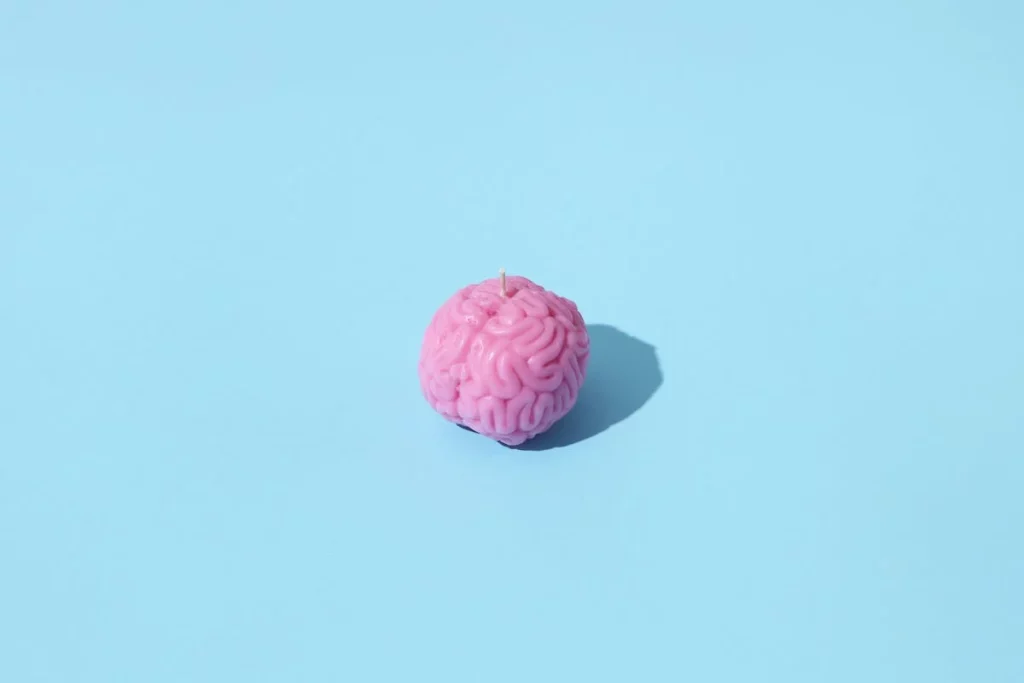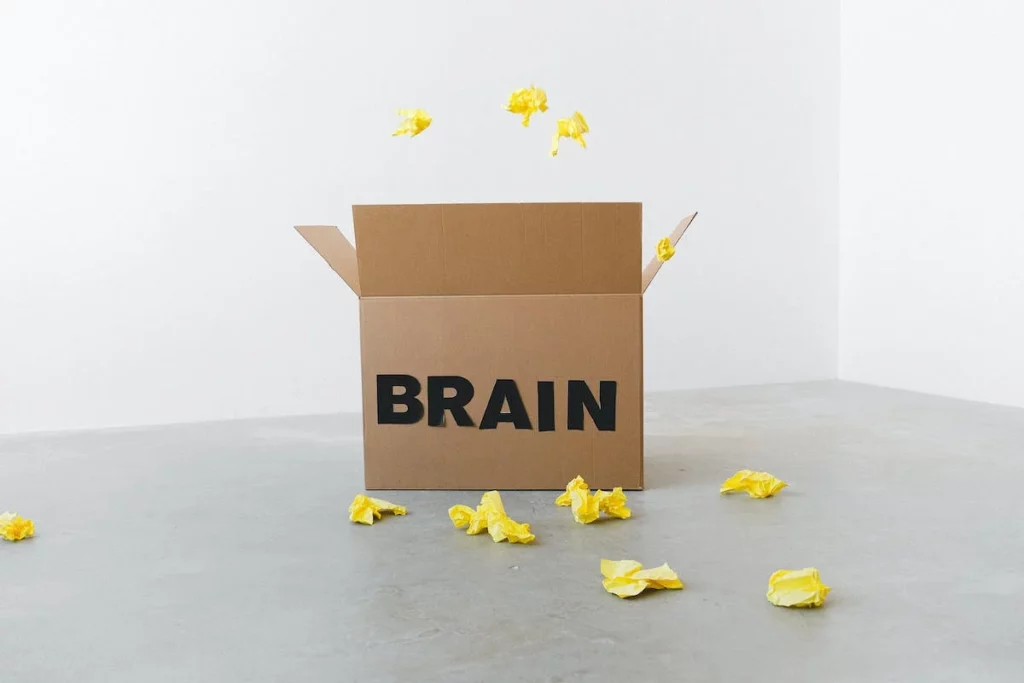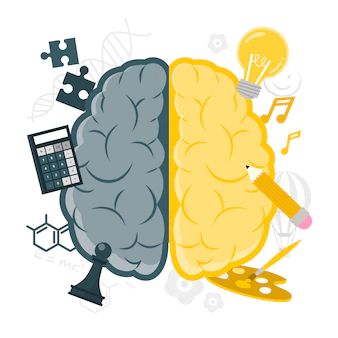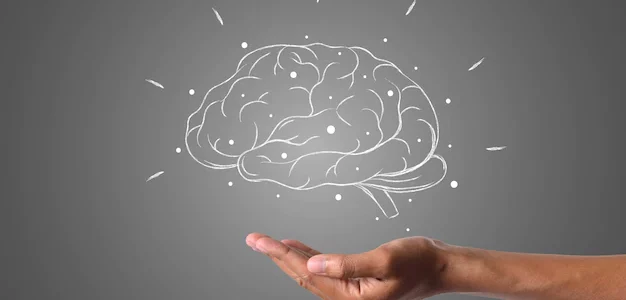Did you know that your brain isn’t fully developed until the age of 25, or that it can power a light bulb?
Scientists and health professionals have extensively studied the brain, resulting in an explosion of new and updated information about it, so check out these crazy eight Facts about the brain.
1. Brain capacity
Have you ever heard that humans only use 10% of their total brain capacity? But, Is it true that the majority of people do not use 10% of their brain capacity? Actually, it’s a myth, according to researchers, and you use the majority of your brain’s capacity even when you’re sleeping.
It is a common misconception that if one’s entire brain were used, they would possess superhuman abilities. Some contend that beyond the potential for extrasensory perception, the dormant region of the brain conceals psychokinetic and psychic functions in general.
Although the complete brain’s functioning is not yet understood, it is known that each of its areas is active and serves a certain purpose.
2. Brain’s weight
The brain weighs about three pounds and has the ability to shrink. Although water makes up 73% of the total brain weight, fat accounts for approximately 60% of its dry weight.
Your brain, like your muscles and other organs, requires hydration, and 90 minutes of constant sweating can cause brain shrinkage equivalent to a year of aging.

Begin something new. Most people dislike change, but changing your routine or introducing something new into your life can provide your brain with the needed refresh. Your brain is so fond of patterns that it can become accustomed to the same routine over time. Start by adding something new to your life if you want to give your brain a boost or a new challenge.
You could try a new exercise routine, a new puzzle, a new hobby, or even adopt a dog. When looking for something new to try, don’t be afraid to step outside of your comfort zone.
3. Brains works differently
An MRI revealed discernible differences in the brains of introverted and extroverted people. The dopamine reward network is more active in the brain of an extrovert. More gray matter is present in the introvert’s brain.
Extroverts have greater energy because their sympathetic nervous system works harder while they are active. An introvert, on the other hand, finds the hustle and bustle exhausting and needs a few minutes of alone and relaxation to recharge during the day, which engages the parasympathetic nervous system.
4. Number of cells
There are billions of brain cells in the human brain. Although researchers do not know the exact number of brain cells, they do know that the brain contains billions of cells. All of these cells are hard at work, sending signals to various parts of the body and processing sensory input.
Sleep is a top priority when it comes to resetting your mental health, but it can be difficult to believe when one in every three adults does not get enough sleep every night.
Begin by getting seven to nine hours of good quality sleep each night. To help you fall asleep faster, keep your sleeping environment cool and dark by covering windows and wearing an eye mask if necessary.
5. The brain grows in size
When a baby is born, his or her brain size is approximately one-quarter that of an average adult. However, it doubles in size in the first year and continues to grow at a rapid pace.

A child’s brain is about 90% the size it will be in adulthood by the age of five. A baby who receives maternal or paternal security during times of stress has a physically larger hippocampus, which is the part of the brain responsible for modulating stress and memory, according to researchers at Washington University in St. Louis.
So, new parents, welcome your babies with lots of love and security, especially during stressful times, to help their brain develop better.
6. Information travels too fast
Information travels to and from the brain at a rate of approximately 400 kilometers per hour: With billions of neurons constantly working, information can flow at breakneck speeds in and out of the brain.
Information is moving faster than any Formula 1 driver, at around 400 kilometers per hour. Formula 1 drivers reach speeds of around 380 kilometers per hour during races.
7. Perform one task at a time
Productivity is critical for many people who are attempting to complete multiple tasks at the same time. The human brain, however, cannot focus on two things at the same time, nor can it learn more than one thing at a time.
He may switch tasks, but doing so can reduce his productivity because it is associated with a decline in overall mental performance and attention.
It can be difficult to slow down these days, but practicing mindfulness, writing down your thoughts, and practicing meditation are all beneficial ways to reset your mental health.
Take ten minutes to notice your feelings, acknowledge your emotions, disconnect from social media, and have quiet time for yourself without distractions.
8. Do not experience pain
Although pain is processed by the brain, the organ does not experience pain. You might think that brain freeze is pain felt by the brain, but this pain is felt by the roof of the mouth. Fortunately, a brain freeze does not cause your brain cells to freeze, which would rupture them.
The brain does not, however, have nerve endings that can detect pain, despite being the organ through which the body gets pain signals. So how do we experience a headache? The pain Pain is technically felt by the brain, which plays a major part in its perception. Nociceptors, pain-receiving nerve endings found in the skin, joints, and some internal organs, are the body’s primary source of pain.

They are distributed throughout the body in variable quantities and serve the purpose of detecting physical, chemical, or thermal abnormalities that might damage human tissues.
The brain generates the pain feeling if it interprets the stimulus as a warning of impending danger. The structures around the brain, not the brain itself, are where we experience headaches.

